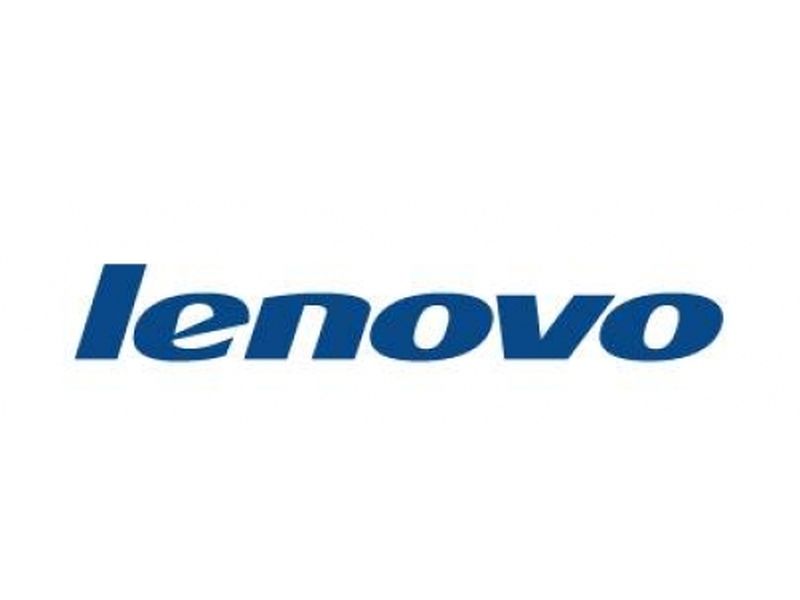Lenovo Is Working on Smart Glasses Too
During a media event held on Thursday, Lenovo introduced a smart glasses prototype that looks similar to Google Glass except for the dangling battery perched on the user's neck. Unfortunately, additional details regarding the smart glasses won't be revealed until October. However, the specs are part of Lenovo's New Business Development (NBD) partner platform aimed at producing products such as smart glasses, wireless routers, air purifiers and more.
Lenovo wants to partner with manufacturers to work on devices for the Internet of Things (IoT), according to a report by the IDG News Service. Lenovo wants to not only work directly with device makers to create connected gadgets, but to invest in tech companies developing IoT devices other than smartphones and tablets. That's where the NBD comes in.
Chen Xudong, Lenovo senior vice president, confirmed that the company can't build all these products independently and hope they sell. There are just too many kinds of IoT devices to be developed, he said, adding that "not one company can do it all."
The NBD partner program will provide hardware research, funding, manufacturing and "other logistical support" to manufacturers. Currently, this program will focus on the Chinese market, but Lenovo will likely use it to launch products internationally.
"We hope to use Lenovo's advantages to combine with innovators," Chen said. "This platform can help them quickly start selling products, and create a supply chain for the market."
In addition to the NBD platform, Lenovo and Vuzix announced a deal on Thursday that will see Lenovo distributing Vuzix's M100 Smart Glasses in China. This product will be co-branded as a Lenovo/Vuzix solution and fall within Lenovo's NBD partner platform. Developer shipments will begin in September followed by a broader commercial release in the fall. The specs will cost developers 8,000 yuan ($1298), slightly lower than Google's $1500 Glass smartglasses.
"Vuzix has worked closely with Lenovo and their development teams to create a new M100 Smart Glasses product offering specifically tailored for the Chinese marketplace with features which include Chinese language, voice recognition, mapping and numerous other domestic cloud based services," the press release stated. "This agreement is a major step for Vuzix and through Lenovo will bring it distinction as the first official Smart Glasses product to have direct access into China."
Get Tom's Hardware's best news and in-depth reviews, straight to your inbox.
This version of the Vuzix M100 is meant for business users, and is based on Android 4.0.4. The specifications include a Texas Instruments OMAP 4460 processor clocked at 1.2 GHz, 1 GB of RAM, 4 GB of internal storage, a microSD card slot supporting up to 32 GB of storage, and a WQVGA color display.
Follow Kevin Parrish @exfileme. Follow us @tomshardware, on Facebook and on Google+.

Kevin Parrish has over a decade of experience as a writer, editor, and product tester. His work focused on computer hardware, networking equipment, smartphones, tablets, gaming consoles, and other internet-connected devices. His work has appeared in Tom's Hardware, Tom's Guide, Maximum PC, Digital Trends, Android Authority, How-To Geek, Lifewire, and others.
-
virtualban The glasses need to be seen as the IO of the computer attached. You wear your earphones but they are not the computer. They may have a microphone, a few buttons, and sometimes camera, but they are attached to your smartphone or whatnot. So with the smart glasses. A wire, behind the ear, under the clothes, to the smartphone, and be done with it. Easy, and preferable too. Detachable at the glass part, detachable at the pocket part, and smart clothing would mean just the clothes with the wires laid out already for the typical audio/video stream between the glasses and the smart brain powering them.Reply
-
Bloob Everyone is so eager to try and be in on the next big thing. I seriously doubt glasses or watches are going to be it.Reply
